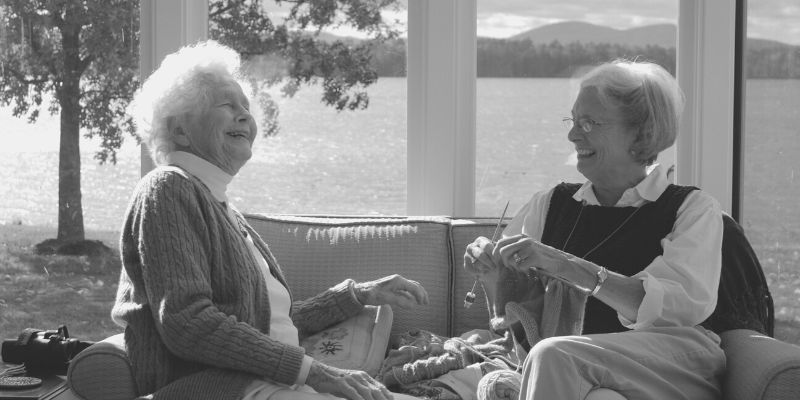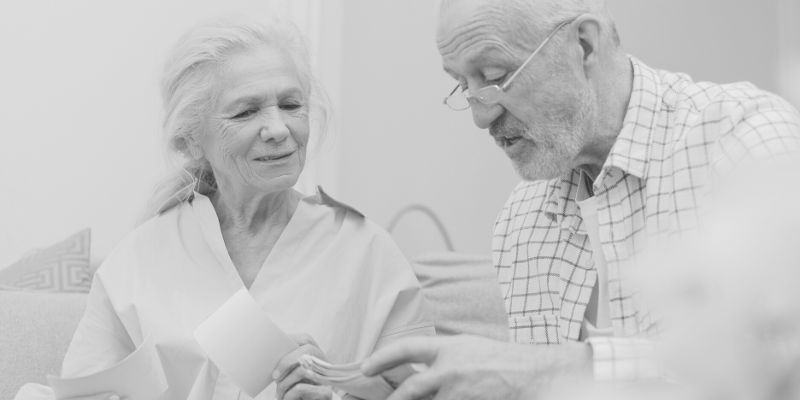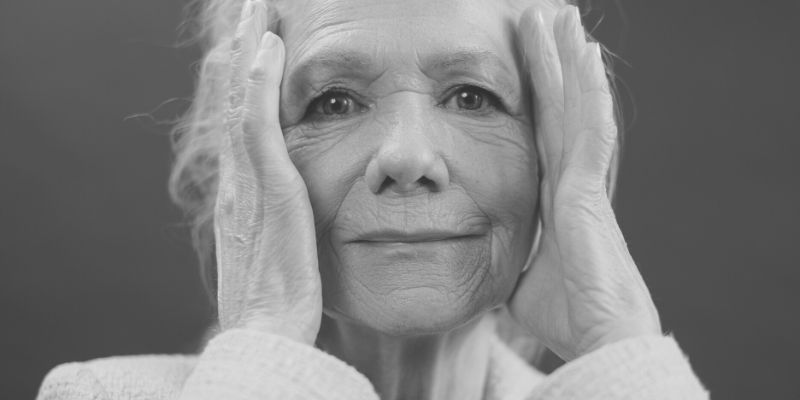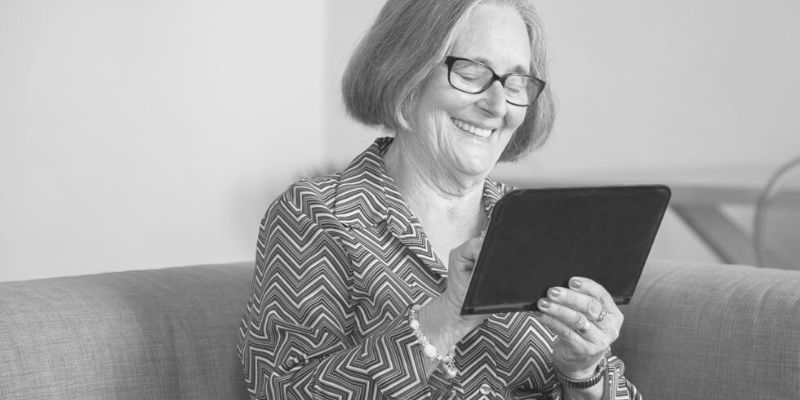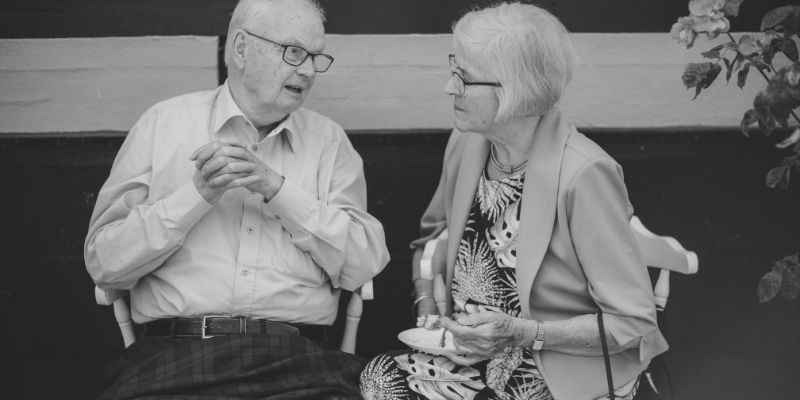Caregivers frequently ask if they need a geriatric care manager to help them find long-term dementia care. Our short answer is no, a geriatric care manager is not required, however, much of that answer rests upon other factors, such as, how much knowledge you have about memory care living.


